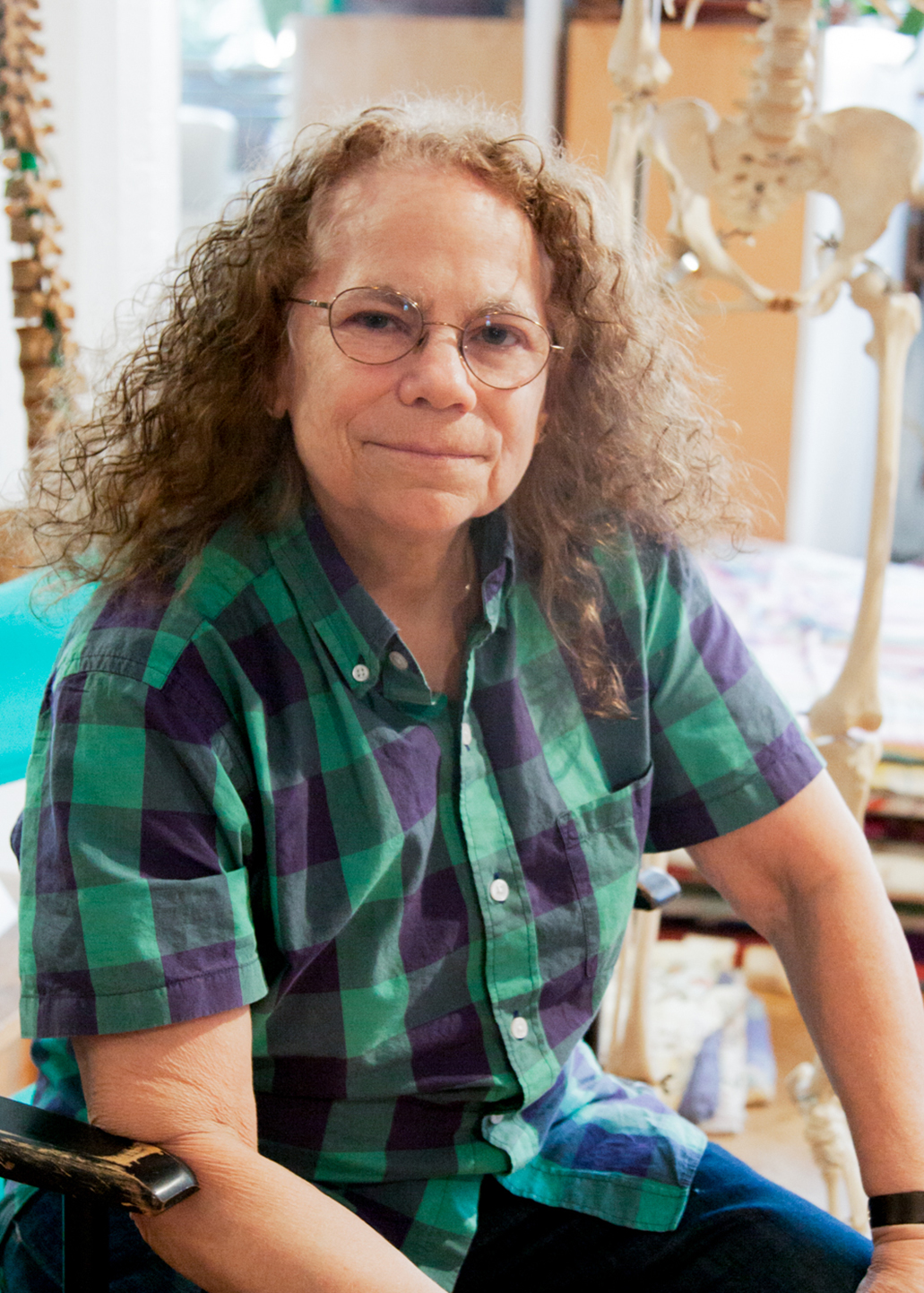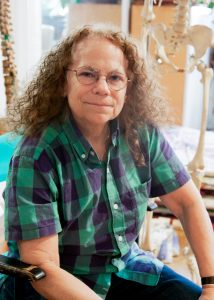
PODCAST 159: Susan Klein
Release Date: 6.19.23
TO DOWNLOAD PODCAST OR LISTEN:
Creating a Technique that Honors the Individual with Susan Klein
Episode 159: Show Notes
Today’s guest Susan Klein is a true luminary, having shaped the modern dance landscape with her groundbreaking theories as creator of the renowned Klein Technique. In this episode, we explore her transformative journey as a movement pioneer, uncovering her dance background, the hurdles she overcame following a series of debilitating knee injuries, and her return to the world of movement. We discover how her experience ignited her passion for understanding the body and teaching others about movement, and how this ultimately led to the development of the Klein Technique. Susan recounts the pivotal moment she realized the limitations of imitation-based teaching and explains why she believes in nurturing individuality within dance. She opens up about her quest to safeguard her unique contributions, and why she decided to concede, despite her concern about the potential harm of her work being taught incorrectly. Join us as Susan shares her unique journey to quietly becoming one of the most valuable and influential players in the modern dance field.
Key Points From This Episode:
-
- Introducing Susan Klein, an “unsung hero of modern dance” and creator of Klein Technique.
- Susan’s dance background and training.
- Why she believes teaching through imitation to be ineffective.
- Her influences and how they shaped her journey.
- The series of knee injuries that temporarily derailed her dancing career and her return to dance, post-injury.
- How Susan’s experience ultimately led to the development of the Klein Technique.
- The importance of individuality in dance and Susan’s continued fascination with movement and teaching.
- Susan mentions notable dancers she taught.
- What drew people to her work in the modern dance field.
- The various methods she attempted to protect her work from being copied.
- Why she finds the widespread adoption of her work both gratifying and concerning.
- Her journey of developing a technique class based on Laban’s principles.
- Challenges she’s faced in her dancing career and the various career paths she’s explored.
- Susan teases her plan to share her knowledge in book form.
“When I work with people, that’s always exciting because their potential and what’s going on in their lives or in their body is infinitely interesting.” — Susan Klein
Susan Klein is founder and director of the Susan Klein School of Movement and Dance. She has been developing Klein Technique™ since 1972, teaching dancers to use their bodies correctly thus decreasing their possibility of injury and increasing their capacity and longevity as dancers. Her work has been most influenced by Barbara Vedder, D.C., Irmgard Bartenieff, Bonnie Bainbridge Cohen, Fritz Smith, M.D., and J.R. Worsley, D.Ac. Susan started dancing at 5 years old and by 19 years old was seriously injured. Klein Technique™ is a result of her personal journey to get well, and serves as a way for people to work through individual injuries, to understand the workings of their bodies, and to heal themselves. Susan has a private practice as a Movement Therapist, Certified Zero Balancer, Senior Zero Balancing Teacher, and Traditional Acupuncturist, L. Ac., M.Ac., B. Ac. (UK), Dipl. Ac. (NCCAOM).
Connect: KleinTechnique
Links Mentioned in Today’s Episode:
Podcast produced by: The Moving Architects
Interviewer: Erin Carlisle Norton


